Topic: Afghan Refugees
74 results
Feb 3, 2026
Honoring 45 Years of HIAS Austria: A Historic Refugee Pathway Is Shut Down
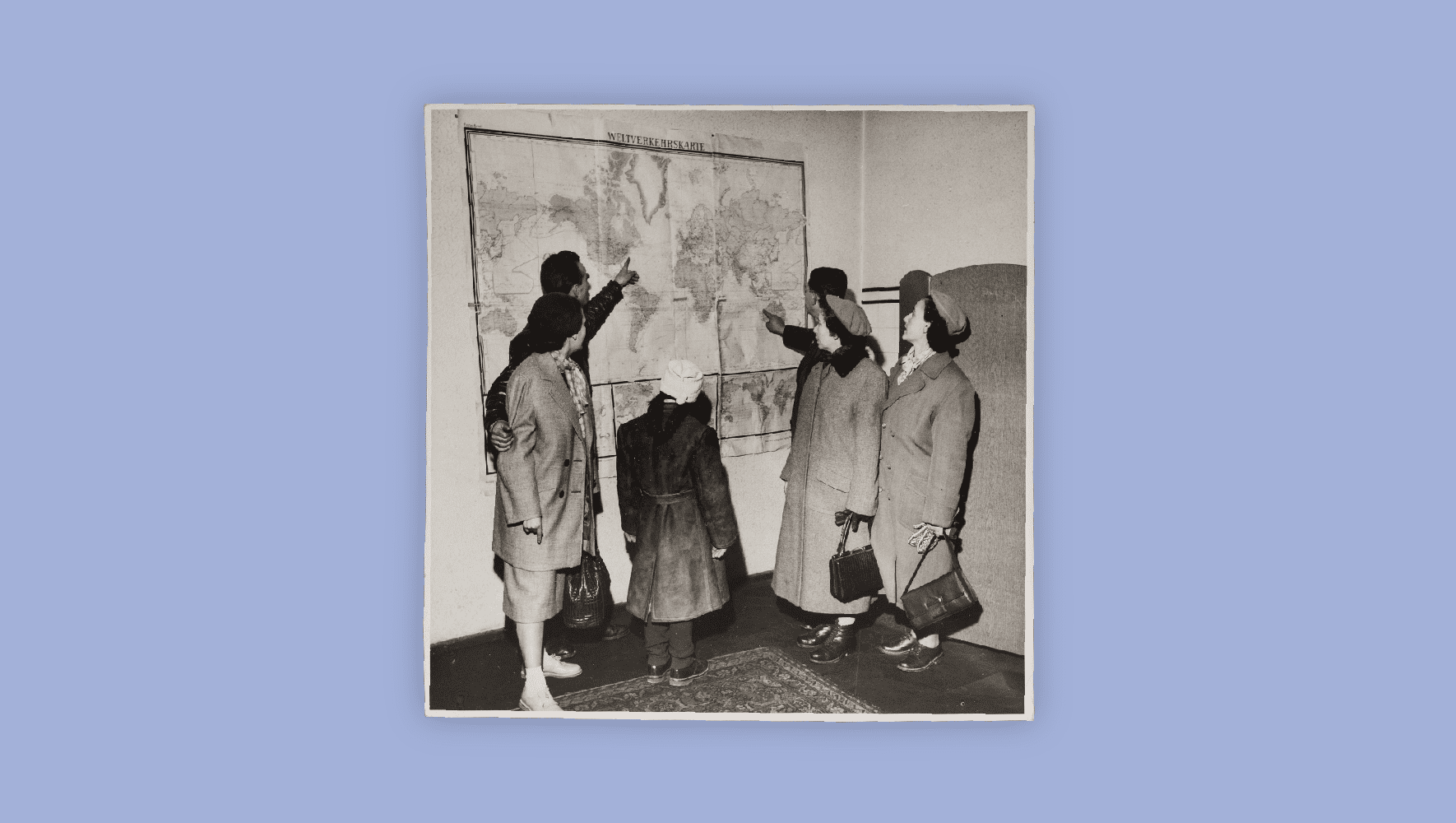
Dec 17, 2025
HIAS Stands in Solidarity with Afghan Refugees and Afghan Americans
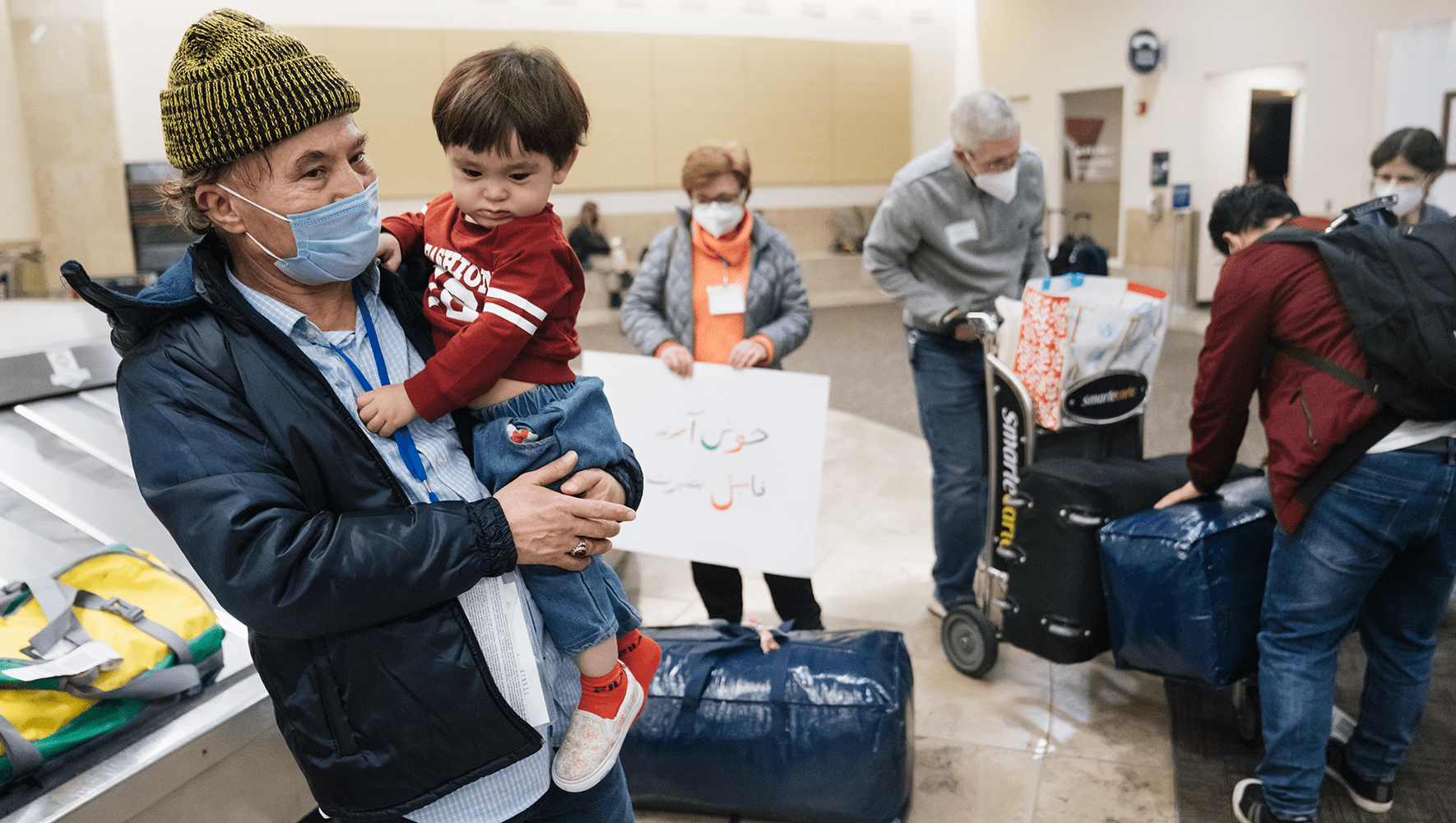
Dec 10, 2025
The U.S. Betrays Its Promise to Welcome Refugees
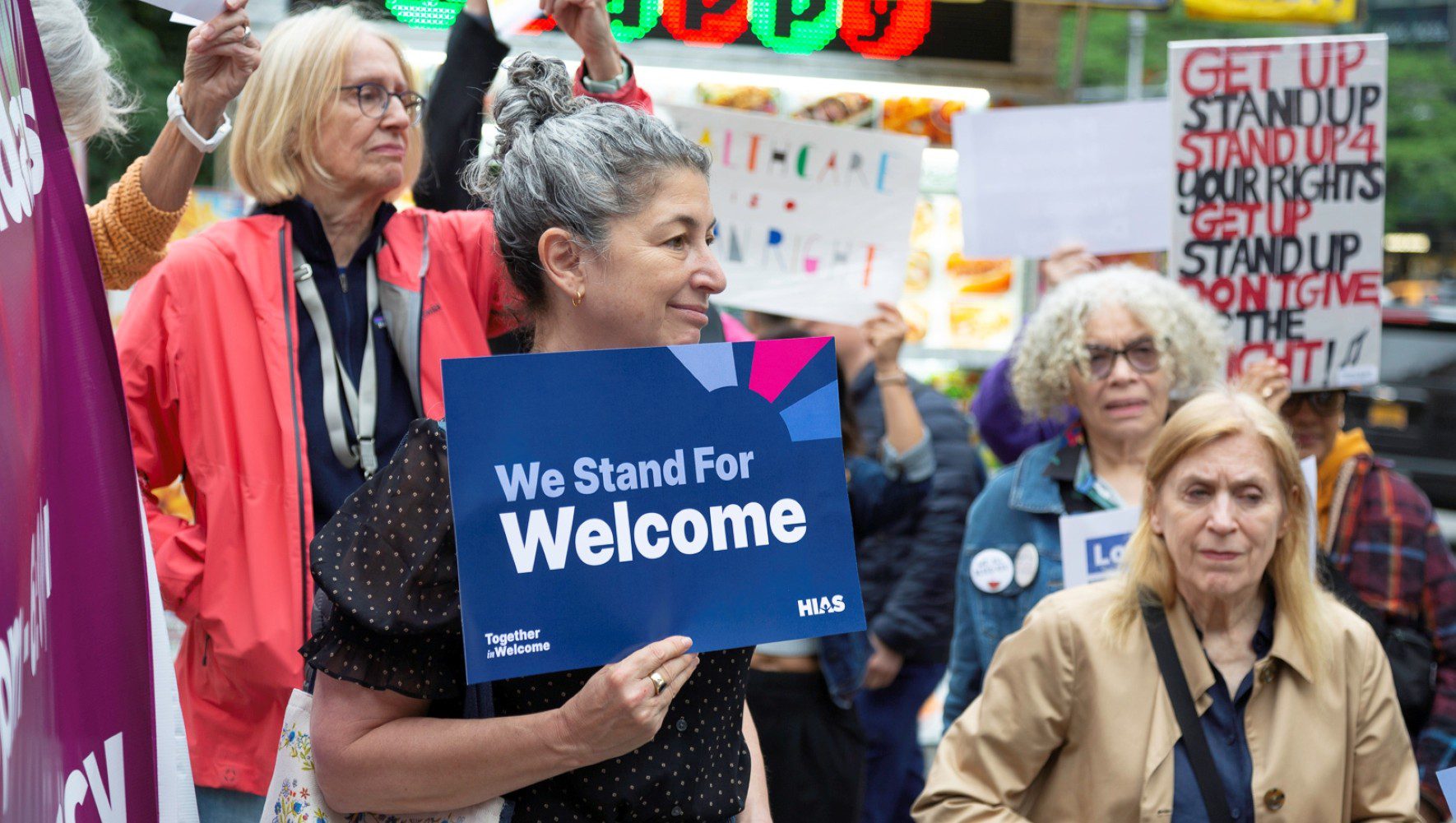
Dec 5, 2025
The Trump Administration’s Alarming New Attacks on Refugees and Asylum Seekers

Jul 28, 2025
Refugees in the United Kingdom: What You Need to Know

Jun 18, 2025
UNHCR: Global Forced Displacement Surges Past 122 million
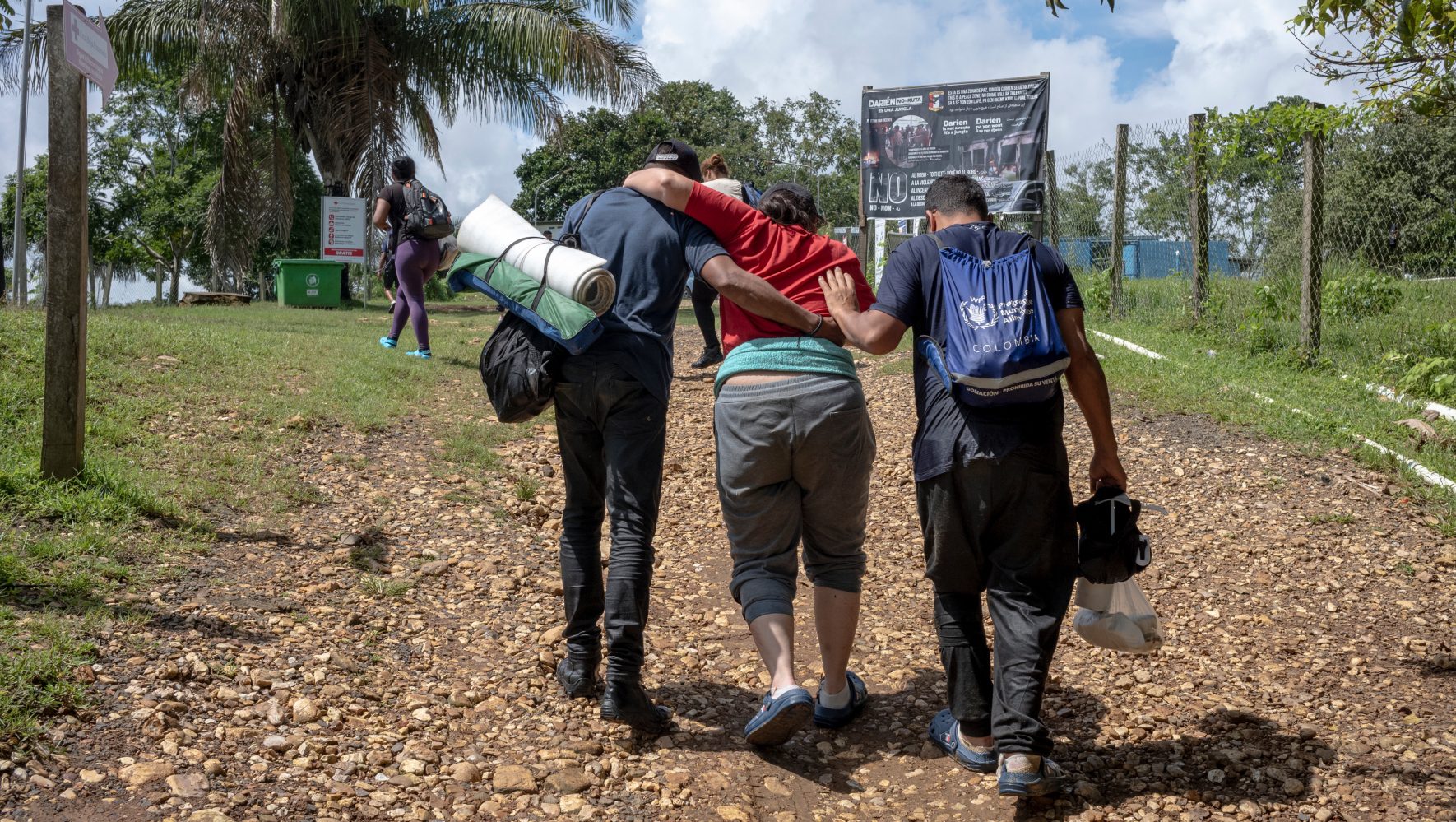
Jun 4, 2025
HIAS Responds to Trump Administration’s Travel Ban Announcement
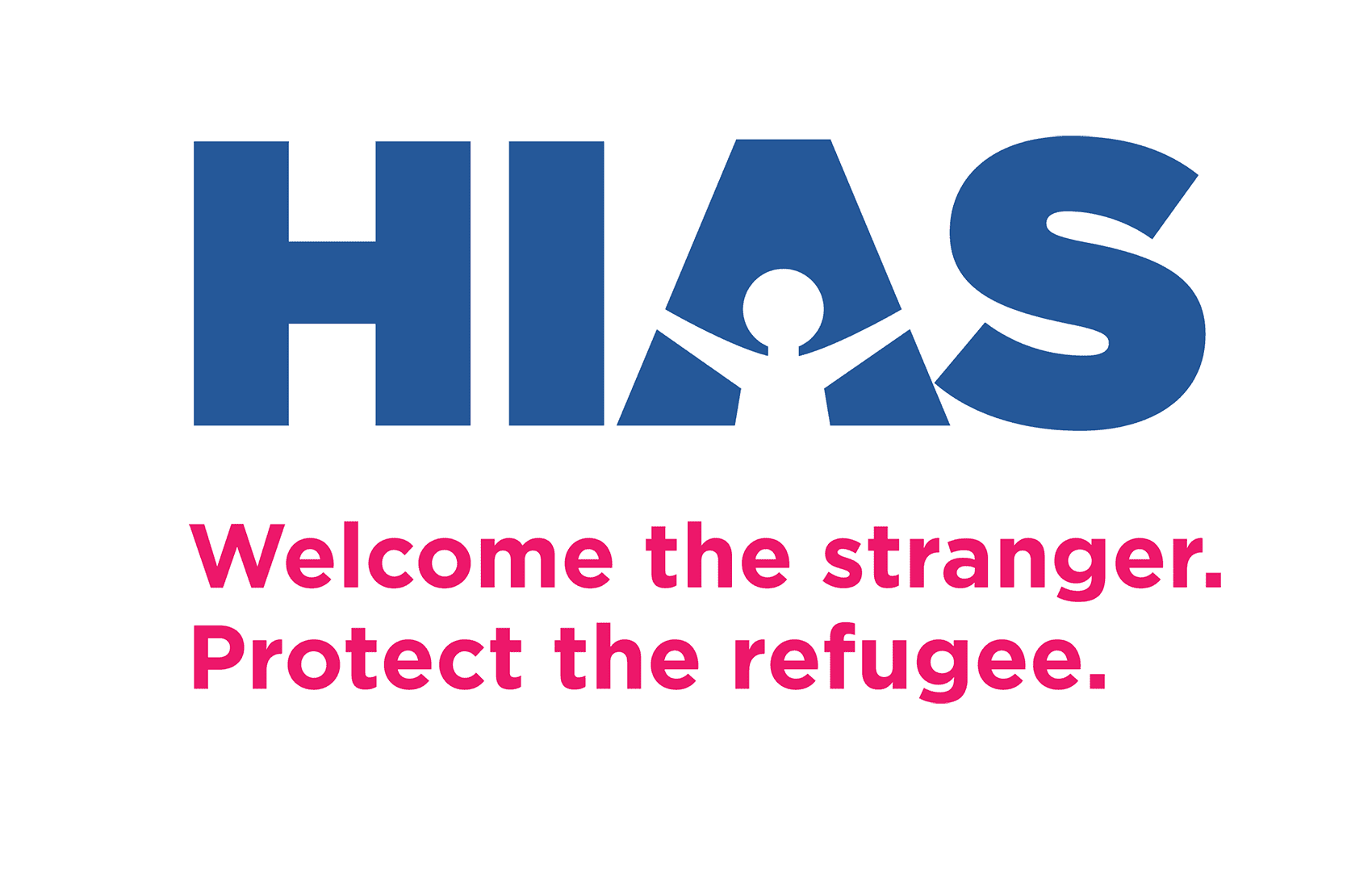
May 21, 2025
A Welcome Circle Helps a Journalist’s Family Start a New Story
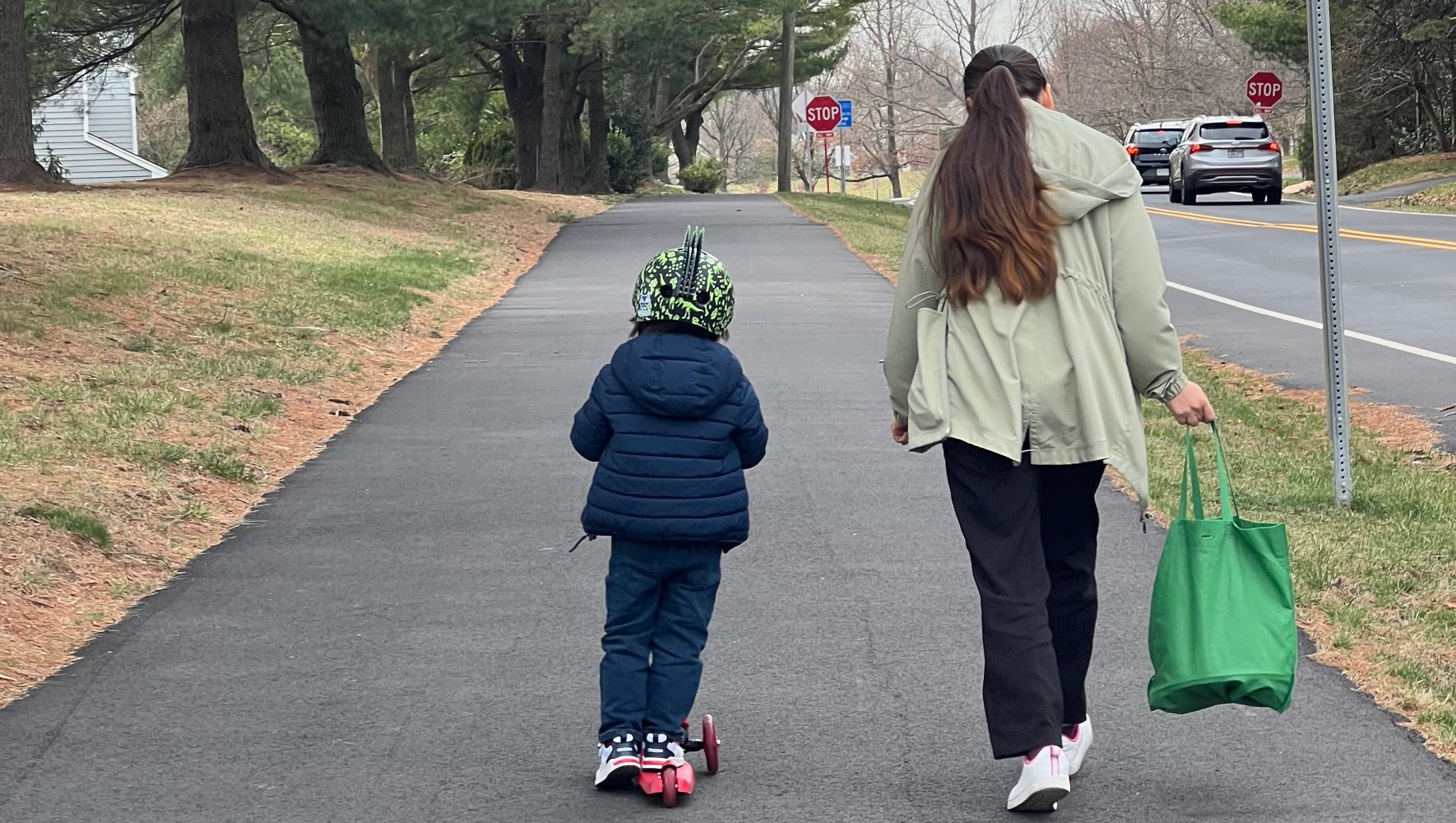
May 15, 2025
TPS is Ending for Afghans — What You Need to Know

Apr 29, 2025
100 Days of Attacks on Immigration, Asylum, and Refugee Rights

